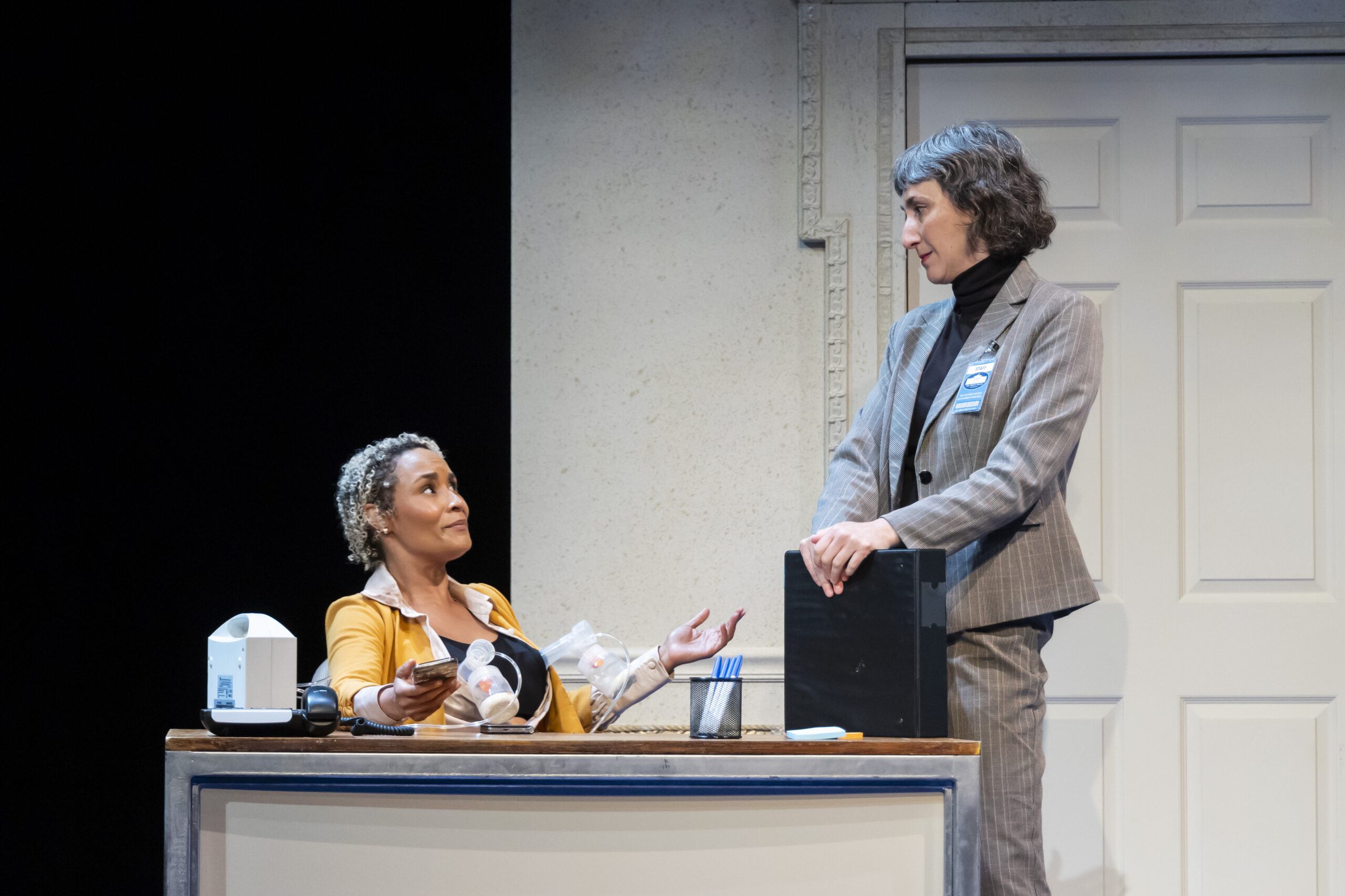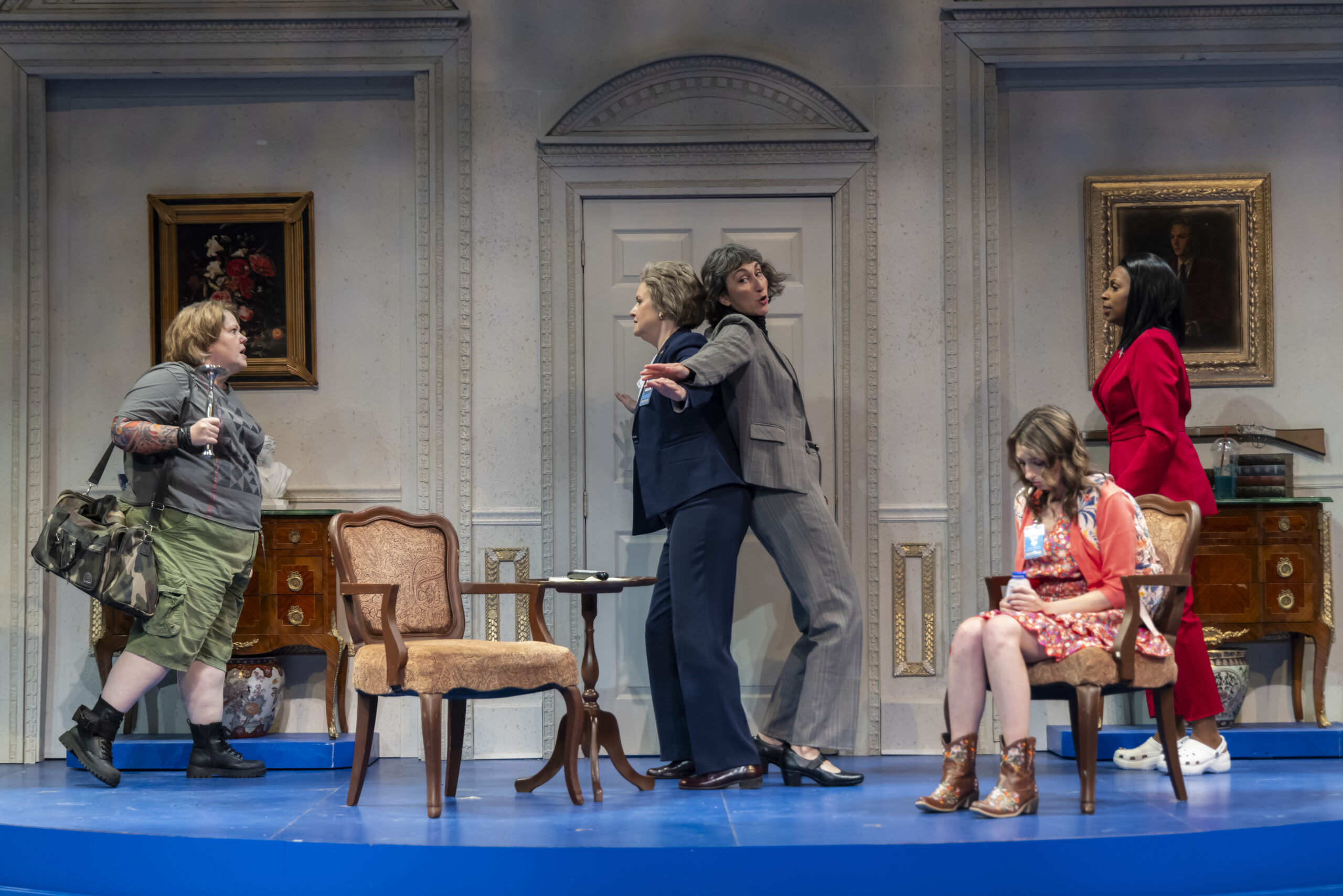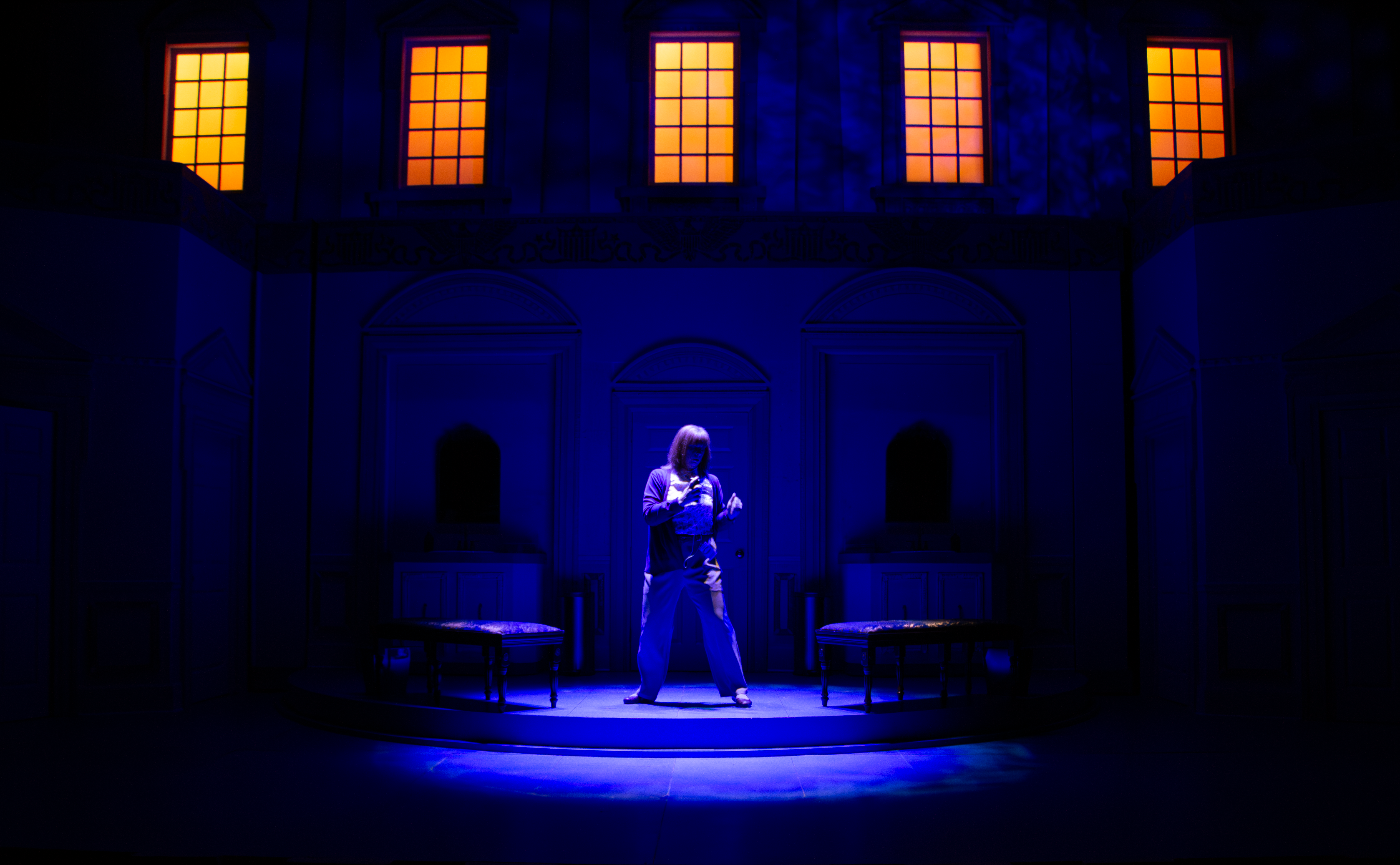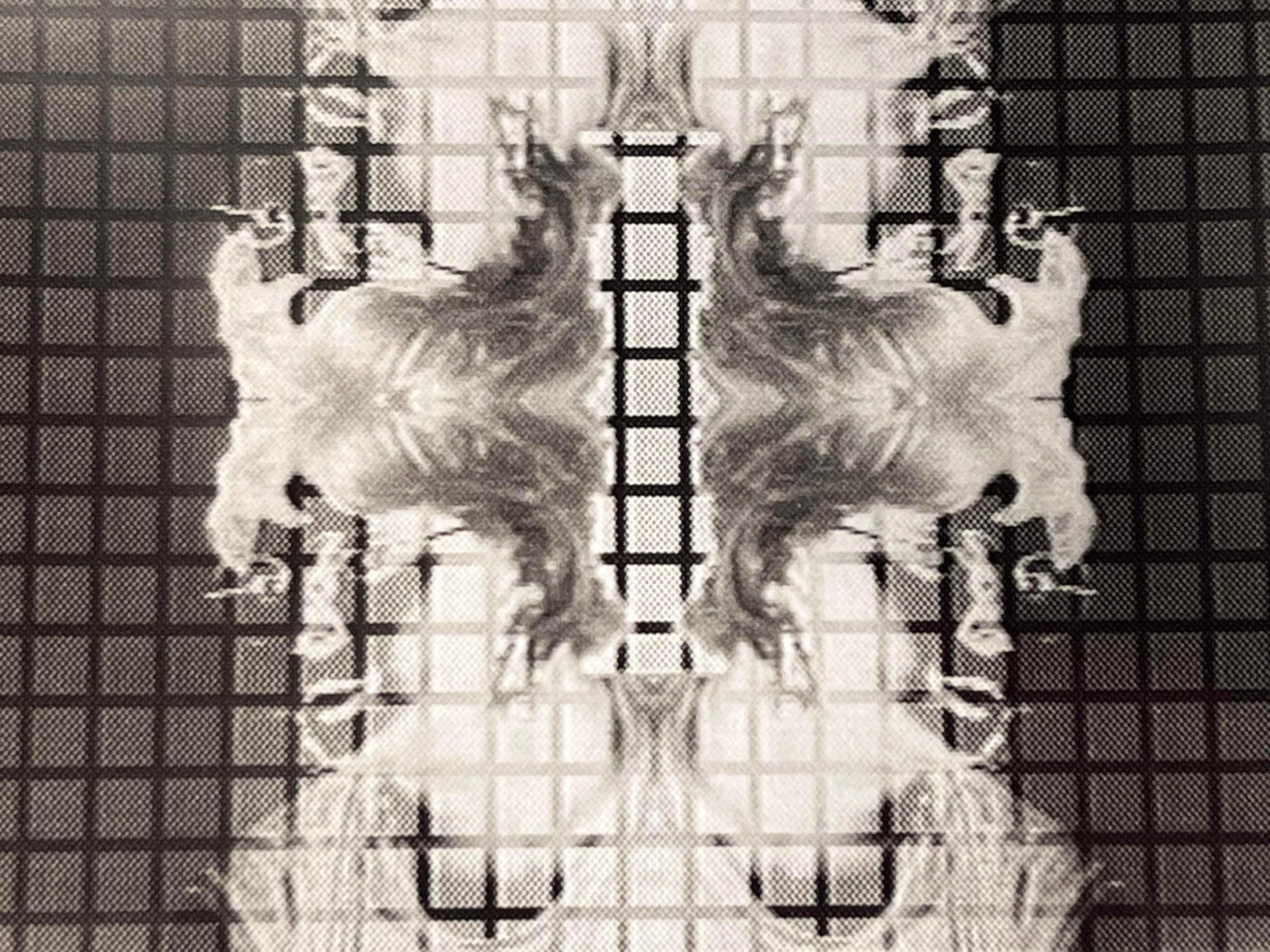A review of POTUS: Or, Behind Every Great Dumbass Are Seven Women Trying to Keep Him Alive
Nashville Repertory Theater closes its 39th annual season in a promising and open-ended tone with the staging of POTUS: Or, Behind Every Great Dumbass Are Seven Women Trying to Keep Him Alive. Before I start reviewing the show, I would like to clarify that my reference to the assumed/assigned genders of the characters is based on the official descriptions made by the playwright and the team that has realized the staging of this play.

Selina Filinger’s 2022 play is a farce where seven exceedingly witty women pan out in clumsy actions and humorously embarrassing events. They are all closely related to the president of the U.S. but that is not the only thing they have in common: POTUS makes an unforgivable sexually denigrating gaffe towards the first lady, one that snowballs the already fragile global political relationships and the seven of them will put everything they are and ever wanted to be at risk, to save the president’s reputation. As they try to pull the most powerful man in the United States out of the gutter that may have repercussions on world peace, they reinforce their own denigration and oppression, while each of them is in fact much worthy and capable of being the president of the country themselves.
Director Lauren Shouse who introduces the play to Nashville audiences, forwards Selina Filinger’s dedication of the play to “any woman who has ever found herself as the secondary character in a male farce.”
It is rather tragic really, to see these seven bright women chasing their tails around the stage, trying to cover up for a ubiquitous man whose only physical presence is that of his lustrous black shoes. The play is staged in two parts, with a 15-minute break in between, which offers enough time to imagine the direction the show will take during its second part. Do we anticipate the animosity between these women to wrongfully confirm the hysteria etiquette historically labeled on women as a weakness, utilized to keep them away from important leadership positions or is the play going to take a more optimistic turn?

In terms of staging, the crescent moving stage walls representing the inside of the White House, designed by Gary C. Hoff as well as the snapping instead of sliding blue-ish lights designed by Darren E. Levin enable the short scenes to sink in and flow with a smooth tempo while allowing the audience to delve into laughter.
The first lady, Margaret, played by Tamiko Robinson Steele, is brilliantly cynical due to being overqualified yet diminished to hosting sumptuous events . Chris, played by Kris Sidberry, a black journalist determined to advance in her career while a single mom of twins, bitter sweetly running around with milking pumps dangling from her top, corners and criticizes Margaret (written to be played by a black woman) as not caring about black women’s struggles, but Margaret answers something along the lines of “I don’t subscribe to identity politics”. These are very interesting threads of potential discussions that unfortunately don’t get developed in the play, as the focus is sucked by the omnipresent but physically absent POTUS.
Lauren Berst is very believable as the chief of staff Harriet, an octopus of a woman, trying to cover up for multiple diplomatic cracks from behind the scene, while Jean, the president’s handler, played by Tamara Todres appears to be on top of her game, until her achilles heel, her ex-lover Bernadette, president’s sister shows up. Bernadette, played by Rachel Agee, an ex-convict waiting for the presidential pardon, infiltrates misdemeanor in what is supposed to be the exemplary house of the rule of law.
The sound of the show, designed by Sara Johnson adds an enriching texture to the slapstick short scenes. Pop feminist songs juxtaposed by patriotic rock songs interpreted by Dusty (Quincey Lou Huerter), the farm girl, fortuitously entering the White House drama and the insecure yet ambitious Stephanie played by Darci Nalepa Elam, add much spice to the show.

The negligent annotations among the characters about their haircuts or the costumes they are assigned to (designed by Melissa K. Durmon), not sparing here POTUS’s crocs slippers, may be read as a reinforcement of the stereotype but they may also be read as a critical commentary on the judgmentalism of appearance among women. In his essay on art criticism, English art critic, novelist, painter and poet John Berger writes “Men look at women. Women watch themselves being looked at.”
At the end of the play, the seven women unite, realizing they can only stand against the patriarchy together. Their gaze is turned towards the audience. They are not watching themselves being looked at; what they see is their future selves, taking over.
I often feel conflicted about laughing at serious issues, on the other hand, laughter is a way for humans to ridicule themselves and this surely is healthy for the ego. The show was utterly entertaining, and it brought lightness to the quite heavy topics it elaborates.



